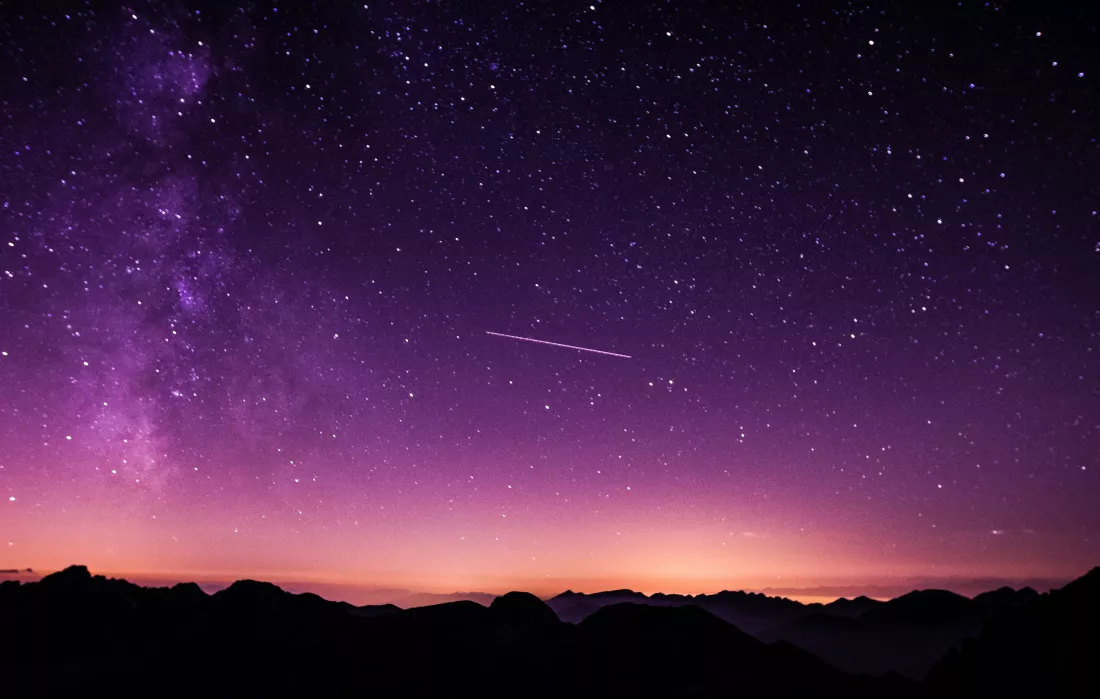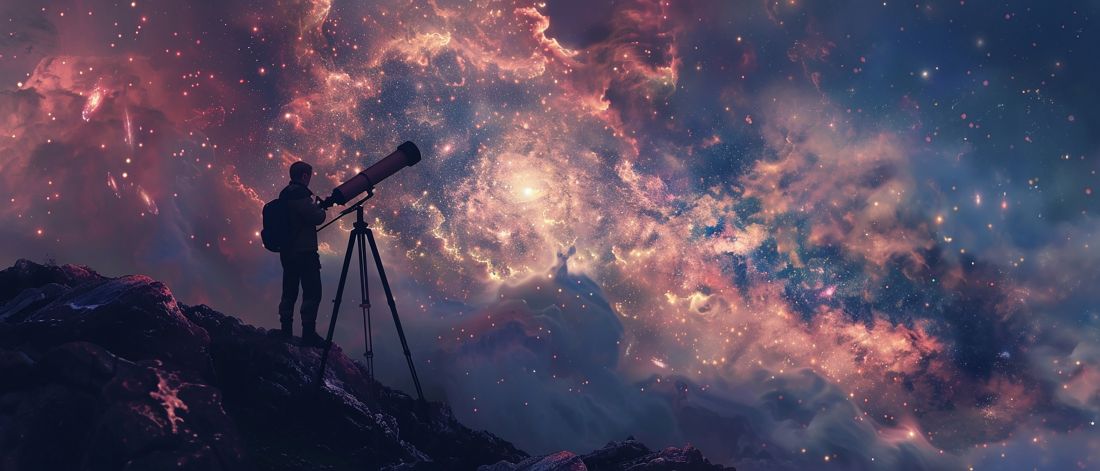Astronomy
Astronomy (from Greek: ἀστρονομία) is a natural science that studies celestial objects and phenomena. It applies mathematics, physics, and chemistry, in an effort to explain the origin of those objects and phenomena and their evolution. Objects of interest include planets, moons, stars, galaxies, and comets; the phenomena include supernova explosions, gamma ray bursts, and cosmic microwave background radiation. More generally, all phenomena that originate outside Earth's atmosphere are within the purview of astronomy. A related but distinct subject, physical cosmology, is concerned with the study of the Universe as a whole.




